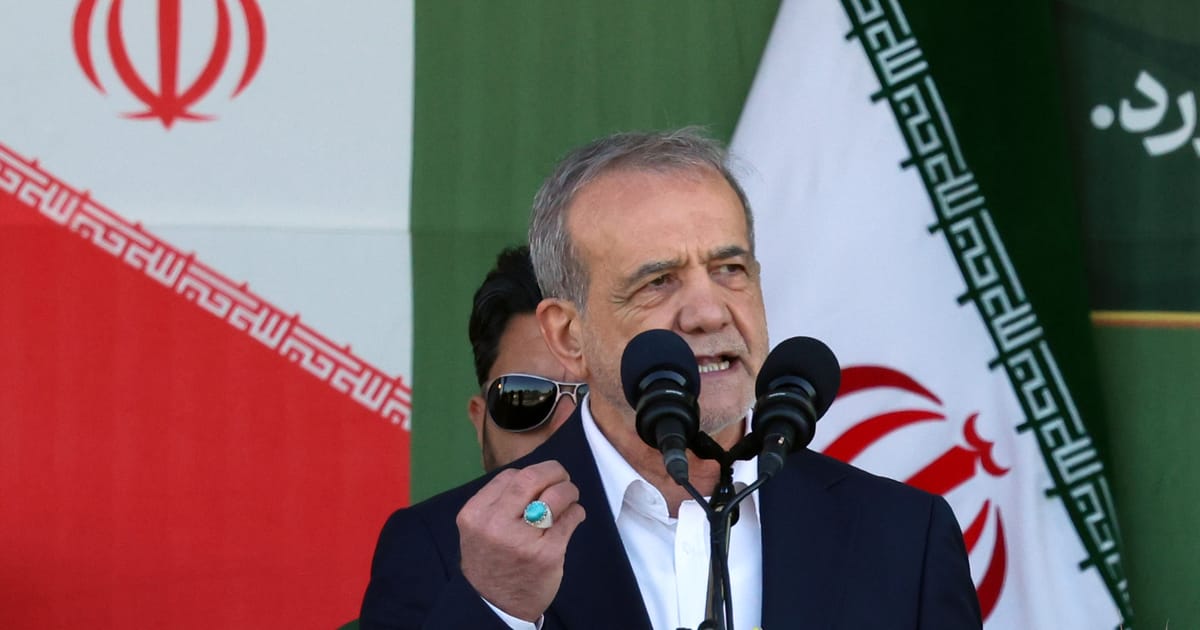

In an interconnected world, ripples in one region often create waves elsewhere, a dynamic vividly illustrated by recent events across the globe. From the tense geopolitical shifts in Iran and Israel to humanitarian crises in Gaza and Mexico, the past week has revealed both the frailty and resilience inherent in our global society.
Iran has made a noteworthy decision to cease its cooperation with the United Nations’ nuclear watchdog, following a series of strategic strikes by Israel and the United States on Iranian soil. This move marks a significant departure from previous dialogues and may reshape the nuclear landscape in the region. Observers note that this decision exemplifies Iran’s intent to retain its sovereignty over nuclear capabilities while navigating complex international relations. This development occurs in the aftermath of Operation Midnight Hammer, an Israeli operation aimed at weakening Iran’s nuclear potential. While Iran’s domestic support remains robust, its path forward in the global arena demands careful navigation to prevent further escalation.
Meanwhile, the war between Israel and Iran has drawn a spotlight, overshadowing the dire circumstances in Gaza. The humanitarian situation has worsened amid ongoing military actions and blockades. Recent Israeli airstrikes have caused significant casualties among civilians, with a missile strike on a busy seaside cafe in Gaza City, resulting in the tragic loss of at least 24 lives, including women, children, and the elderly. Reports describe a scene of desolation that starkly contrasts with the cafe’s previous atmosphere of calm respite amid conflict.
In this context, a timeline highlights the deterioration in Gaza over a challenging 12-day conflict. This time period saw a breakdown in ceasefire agreements and intensified military actions, further straining the lives of Palestinian civilians. The introduction of the Gaza Humanitarian Foundation signals a shift in aid distribution efforts, reflecting new partnerships and the complex humanitarian landscape. Yet, the foundation’s involvement underscores the vital need for comprehensive international support to address essential needs.
The challenges in the Middle East find an echo across the Atlantic in Mexico, where violence linked to drug cartel activities has surged. The discovery of 20 bodies in Sinaloa highlights the ongoing struggle between rival factions of the Sinaloa cartel. This grim finding underscores the broader crisis of violence and the urgent need for effective governmental interventions to restore peace and security in affected regions. The events in Sinaloa are a stark reminder of the consequences of prolonged cartel conflicts that strain the local communities and government resources.
Amid these daunting global challenges, the need for mindful diplomacy and thoughtful international collaboration remains clear. As nations and global organizations navigate these complexities, there is hope that sustained efforts and mindful engagement can pave the way for peace and stability where it is sorely needed. These interconnected crises remind us of our shared humanity and the collective responsibility to pursue dialogue and aid, ensuring a more secure and compassionate world for future generations.
Source: {link}
